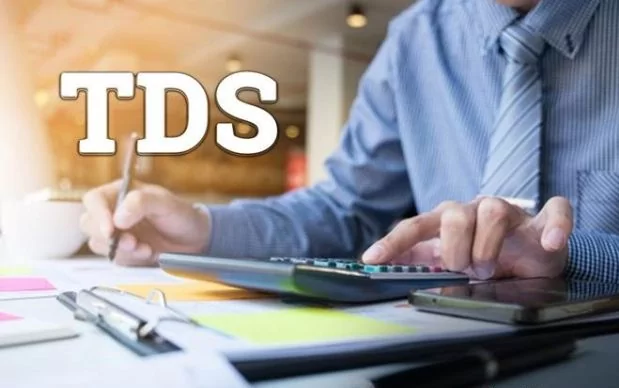ITR Filing New Updates: There is a very important news regarding income tax return filing. The government has made changes in the Income Tax Rules from 21 April 2022 for filing tax returns. To bring more and more people under the tax net, the government has expanded the scope of income tax filing. Now people with different income group and income will also be required to file ITR.
In fact, now it has been made mandatory to file ITR for every person whose Tax Deduction at Source ie TDS and Tax Collection at Source ie TCS (TCS) is Rs 25,000 or more during a financial year.
What is the new rule
According to the new rule, if the income of a person is less than the exemption of Rs 2.5 lakh but the income from TDS and TCS is Rs 25,000 or more, then now he will have to file ITR. Explain that this new rule will be applicable in the case of senior citizens if TDS or TCS is more than Rs 50,000.
What did CBDT say?
The Central Board of Direct Taxes (CBDT) issued a circular in this regard saying, “These rules may be called the Income Tax (Ninth Amendment) Rules, 2022. They shall come into force from the date of their publication in the Official Gazette. “CBDT has notified a new rule 12AB vide notification number 37/2022.According to this, even if the income of a person is less than the exemption limit, it is mandatory to file ITR.
Apart from this, those whose deposits in the savings bank account are Rs 50 lakh or more in the financial year will also have to file income tax return. Also, those businessmen will also be covered under this rule whose annual turnover is more than Rs 60 lakh and professional receipt is more than Rs 10 lakh. Regardless of the tax bracket he falls in, it will be mandatory to file ITR.
According to a report in Business Standard, government sources have told that this new amendment has been done with the aim of finding out the imbalance in the income and expenditure of such people. These new rules are effective from April 21.

